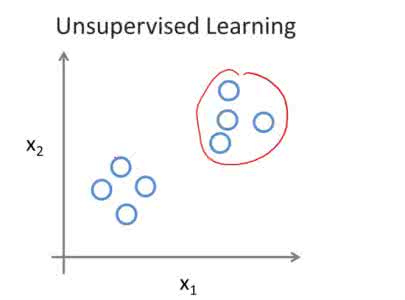Recently, deep learning approaches have become the main research frontier for biological image reconstruction and enhancement problems thanks to their high performance, along with their ultra-fast inference times. However, due to the difficulty of obtaining matched reference data for supervised learning, there has been increasing interest in unsupervised learning approaches that do not need paired reference data. In particular, self-supervised learning and generative models have been successfully used for various biological imaging applications. In this paper, we overview these approaches from a coherent perspective in the context of classical inverse problems, and discuss their applications to biological imaging, including electron, fluorescence and deconvolution microscopy, optical diffraction tomography and functional neuroimaging.
翻译:最近,深层学习方法由于其高性能及其超快的推论时间,已成为生物图像重建和增强问题的主要研究前沿,然而,由于难以为监督的学习获取匹配的参考数据,人们越来越关注不需要对齐参考数据的未经监督的学习方法,特别是,在各种生物成像应用中成功地使用了自导的学习和基因模型。在本文件中,我们从典型反向问题的角度从连贯的角度对这些方法进行了概述,并讨论了这些方法在生物成像中的应用,包括电子、荧光和分导显微镜、光学分解成像和功能神经成像。





